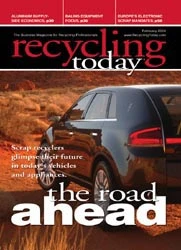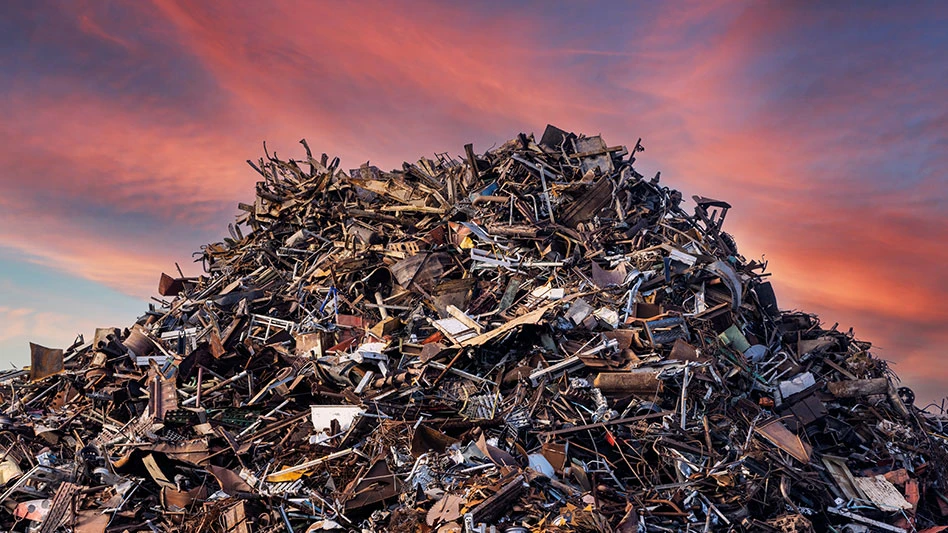
Living in a world where extremists make headlines and brashly self-
confident commentators garner attention, taking time to think an issue
over seems to be fading as a course of action. Not only are oversight committees and investigative panels referred to as mundane and unexciting, increasingly they are scoffed at as ineffective and unnecessary. While a "less talk and more action" reminder is appropriate in many cases, one can certainly ask if this is always the right approach. When jumping to conclusions is the primary form of exercise for an individual or group, it can lead to a lot of mistakes.
When the calendar turned to 2004, a number of readers no doubt made resolutions to ring in the new year. And if health club membership statistics are any indication, quite a few of these resolutions involved taking action, perhaps of the "just do it" variety that a certain sporting goods company would be proud to endorse.
But while taking quick and decisive action may be the best way to change some habits for the better, a modest proposal to offer would involve the opposite side of that coin. For many of us, a questionable practice that might be worth changing involves clinging to notions and beliefs based on decades-old knowledge and experiences. In a rapidly changing business climate, few situations remain static.
Do you think all curbside recycling is a waste of taxpayer money and works against market forces? Or maybe, quite the opposite, your belief has always been that all steps must be taken to keep something out of a landfill, no matter what the cost. Is the growth of manufacturing in China threatening America and its scrap supply? Or when manufacturing (and increasingly office and engineering) jobs shift to China or India, does that simply keep American companies lean and competitive and keep inflation in check?
The temptation for many people seems to be to define themselves—or even more commonly define others—as "pro-environment" or "pro-business;" as "pro-free trade" or "pro-fair trade." Once this decision has been reached and the label attached, that makes the hard work of investigating issues and situations one-by-one less vital.
Policies and circumstances change, however. Certainly, few football fans would decline from watching a key rivalry game because the same two teams played just 12 months ago.
Business owners, recycling and solid waste officials and other key decision makers gain knowledge hand-in-hand with experience. However, if that knowledge is based on market conditions that no longer exist, it might best be referred to as ignorance.
Be bold and decisive when it comes time to trim that waistline, if that is what you have resolved to do. But a counter-resolution may involve toning down the instant decisions, just in case they are based on tired and flabby notions that require some investigation to be brought back into shape.
WANT MORE?
Enter your email to receive our newsletters.

Explore the February 2004 Issue
Check out more from this issue and find your next story to read.
Latest from Recycling Today
- Republic Services, Blue Polymers open Indianapolis recycling complex
- Altilium produces EV battery cells using recycled materials
- Brightmark enters subsidiaries of Indiana recycling facility into Chapter 11
- Freepoint Eco-Systems receives $50M loan for plastics recycling facility
- PET thermoform recycling the focus of new NAPCOR white paper
- Steel Dynamics cites favorable conditions in Q1
- Hydro starts up construction in Spain
- Green Cubes unveils forklift battery line





